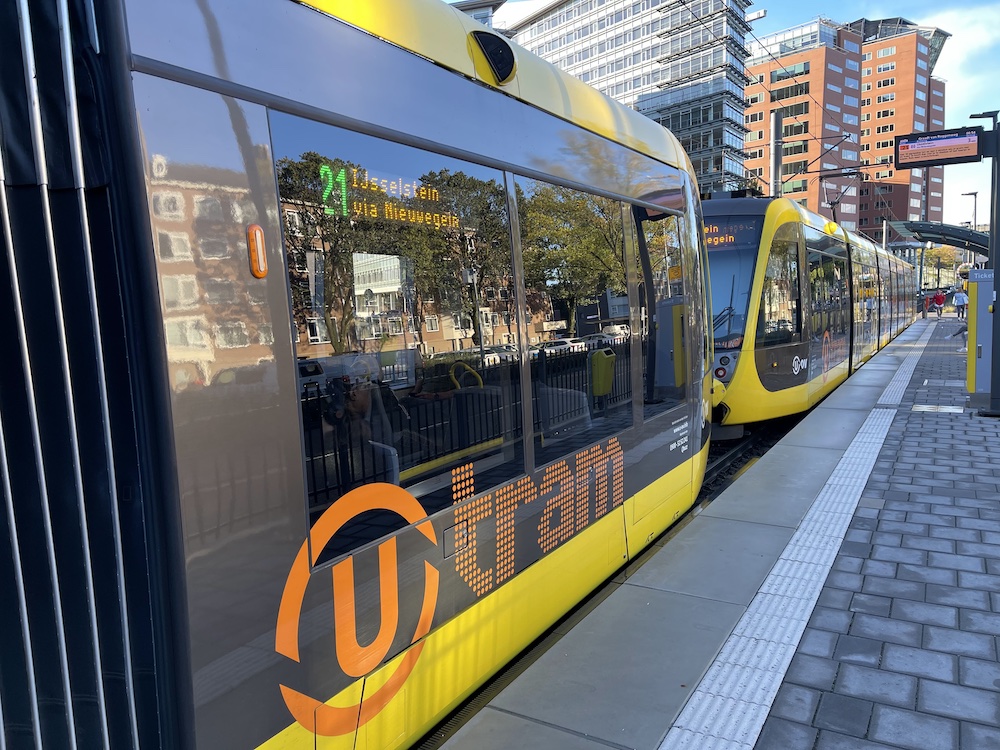From self-driving buses to retrained taxi drivers: where is the solution?
The issue of the acute shortage of bus drivers in the Netherlands may have led to an unconventional but potentially effective solution put forward by Henk Meurs, professor of mobility at Radboud University. Meurs proposes to retrain taxi drivers into bus drivers, an approach that is in line with the current personnel problems in public transport.
An article from it Algemeen Dagblad highlights Meurs' expectation that personnel problems will only increase in the near future. This forecast is reinforced by the demographic composition of current drivers in Dutch public transport, a large proportion of whom are 55 years or older and will soon retire. This emphasizes the urgency of finding a sustainable solution.
The switch from taxi drivers to bus drivers seems attractive, especially because the employment conditions under the bus collective labor agreement are more favorable than those under the taxi collective labor agreement. This could be an incentive for taxi drivers to change profession. Meurs also suggests the possibility of using more trams or self-driving buses in cities such as Utrecht. While this would require additional staff, it also has the advantage of carrying a much larger number of passengers per trip compared to buses.

"You could also use more trams in a city like Utrecht. This requires extra staff, but you also transport many more passengers than in a bus."
Henk Meurs, professor of mobility at Radboud University
Meurs' ideas come amid the recent announcement by U-OV, a transport company in Utrecht, that it will significantly reduce its timetable due to staff shortages. From December 10, there will be 16 percent less driving than originally planned. Although the line network remains intact, buses will run less frequently. The Province of Utrecht, responsible for regional public transport, has announced that it will take stricter action against ride cancellations. From April, fines will be imposed for every journey that is not carried out, with the amount of the fines to be announced next year. Transport companies will also not be compensated for journeys not carried out. The companies plan to inform travelers about the changes in mid-November. Although there is hope that more buses will be able to run next year, U-OV has not yet made any concrete commitments.
Henk Meurs
Henk Meurs, professor of mobility at Radboud University, is known for his in-depth research into the complex relationship between spatial developments and mobility. His work focuses on understanding the origins and future trends of mobility growth and the impact of various measures on this development.
A central theme in Meurs' research is the paradox that arises when constructing new infrastructure. Although this can solve mobility problems in the short term, it often leads to an increase in mobility in the longer term. This phenomenon, known as 'induced demand', emphasizes the need for a well-thought-out approach when developing transport networks.
Another important aspect of Meurs' work is the plea for pricing policy, such as kilometer tax, as a means to achieve better coordination between spatial and traffic policy. These types of policies can help regulate traffic flows and reduce congestion, while promoting more environmentally friendly transportation options.
Meurs also emphasizes the importance of early collaboration between traffic engineers and spatial planners in planning processes. This multidisciplinary interplay is crucial for developing holistic and sustainable mobility solutions that take into account both the current and future needs of urban and regional areas.
In addition to his academic work, Meurs is also active in the practical application of his research as director of MuConsult, a research agency in Amersfoort. Here he works on the development and evaluation of policy in the field of road infrastructure, public transport and bicycle use at different spatial scales. His experience and expertise in both the academic and practical aspects of mobility management make him a leading figure in this field.



